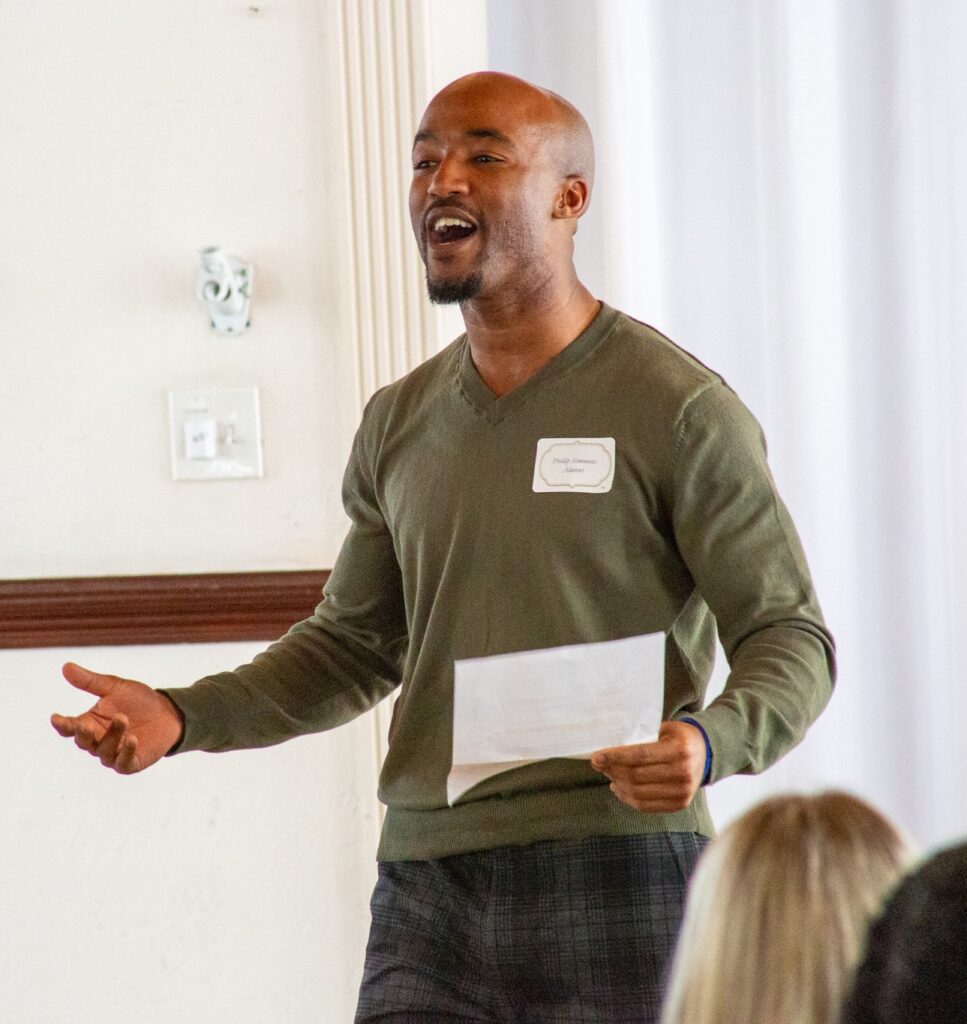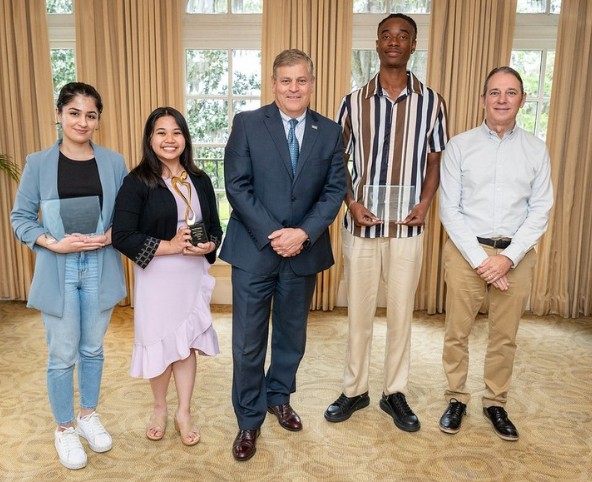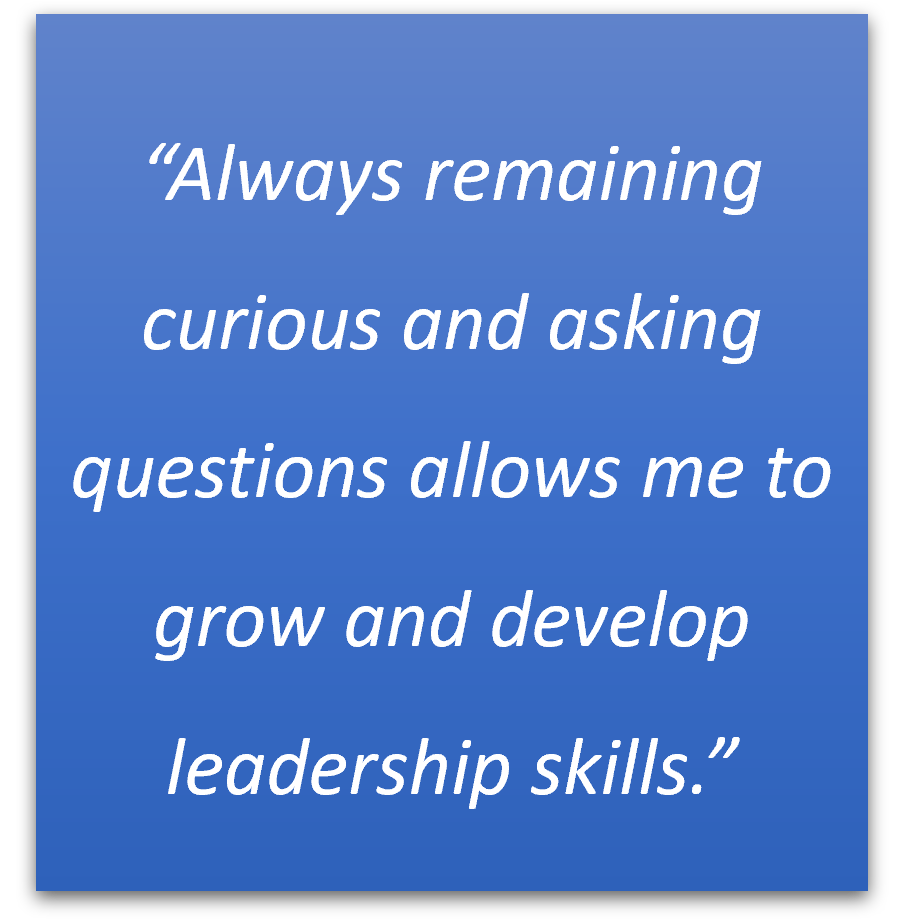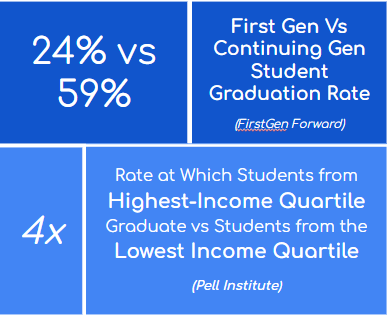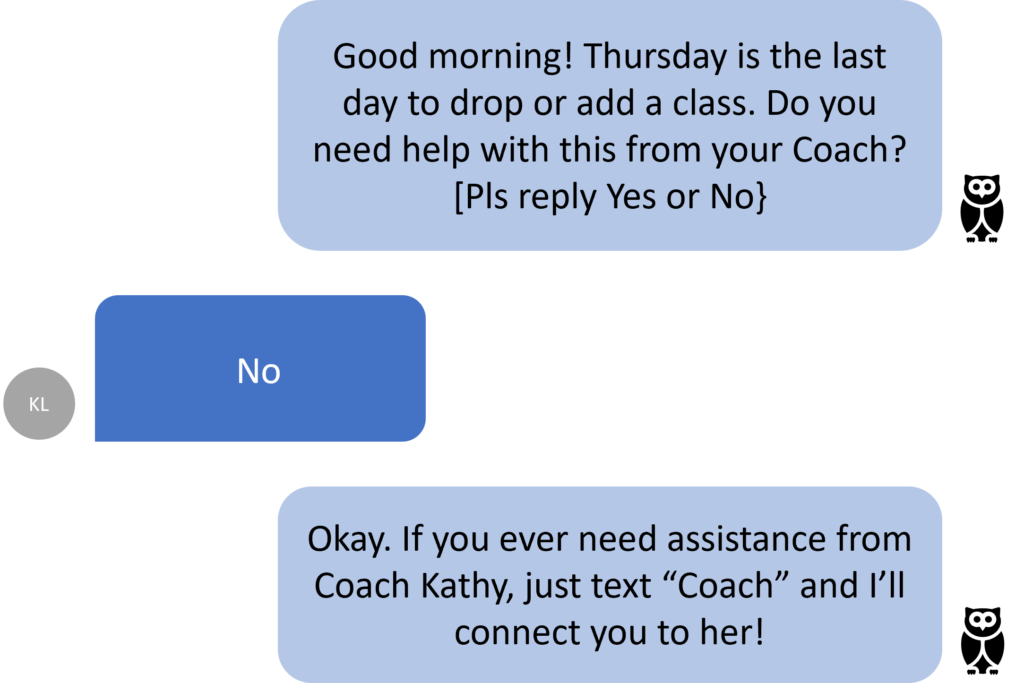Article by Natalie Scheidel, 2024 Scheidel Foundation College Success Fellow
In the summer of 2003, Phillip Simmons stood on the threshold of a new chapter in his life. His mother had just received a Habitat for Humanity home in Atlantic Beach, Florida, unknowingly setting in motion a series of events that would alter the course of her son’s future. This pivotal moment marked Phillip’s introduction to the Scheidel Foundation, an organization that would become instrumental in shaping his educational journey and professional trajectory.
Beaches Habitat for Humanity’s (“Beaches Habitat”) College Prep Club stands as a cornerstone of the organization’s educational initiatives and continues to be sponsored by the Scheidel Foundation. Established in partnership with the late Herb Scheidel, this program aims to inspire and prepare student residents for the opportunities of higher education. The foundation’s collaboration with Beaches Habitat offers more than just bricks and mortar; it is a bridge to higher education, creating a holistic approach to community development.
Prep Club provides a multifaceted support system, which includes after-school tutoring, community service opportunities, and personalized college planning. Through a strategic partnership with Take Stock in Children (TSIC) of Jacksonville, participants receive one-on-one mentoring and work with a College Success Coach to develop tailored plans for their academic future.
Prep Club as a Springboard to Higher Education

“Prep Club changed the trajectory of what higher education looks like to me because I didn’t have the burden of how I was going to pay for college,” recalls Phillip, now the Vice President of Mission Programs at Goodwill of North Florida and a part-time College Success Advisor to the Scheidel Foundation. “Everything is taken care of, and that right there is something that a lot of people can’t say.” The comprehensive support system exemplifies Beaches Habitat’s and the foundation’s commitment to fostering socioeconomic mobility.
The Scheidel Foundation was established by Mr. Scheidel and his wife in 2000. Central to the foundation’s mission is a philosophy of hands-on engagement and mutual respect, embodied by Mr. Scheidel. “He was a very down-to-earth guy, serving leadership,” Phillip said. “He would come in his jeans, with his belt for the hammer and tennis shoes, ready to get to work. And he really didn’t allow his money to change his ability to relate to people who didn’t make the same amount of money.” This approachable style set the tone for the foundation’s programs, especially its emphasis on giving back.
Photo at Left: Phillip as a college Scheidel Scholar upon completing Prep Club.
Paying it Forward by Helping Others with College Success
“‘Paying it forward’ was drilled into us,” Phillip explained. Prep Club students and the Scheidel Scholars weren’t just receiving help; they were expected to volunteer regularly, often working alongside Mr. Scheidel at Habitat builds. This commitment to giving back became a core value, fostering a sense of social responsibility in the students and creating a community of scholars dedicated to making a difference.
Now pursuing a doctorate in higher education leadership while working at Goodwill of North Florida, Phillip brings unique insights to his role as College Success Advisor for the foundation. He understands firsthand the challenges faced by students from low-income backgrounds and the importance of flexible, personalized support systems.
Phillip’s journey with the Scheidel Foundation has come full circle, from Prep Club participant to Scheidel Scholar and now its College Success Advisor. “I never left,” he said when asked about his return to the foundation. “I’ve always been part of the Scheidel Foundation and will always be part of it.”
Phillip’s experience with the Scheidel Foundation’s Prep Club is more than just an educational success story. It is a testament to the power of community investment, the spirit of personal support, and the lasting impact of one man’s vision.
Photo at Right: Phillip presenting at the 2023 Scheidel Scholar Banquet.
Also learn more about the Prep Blub and Scheidel Scholarships at the Beaches Habitat website.
